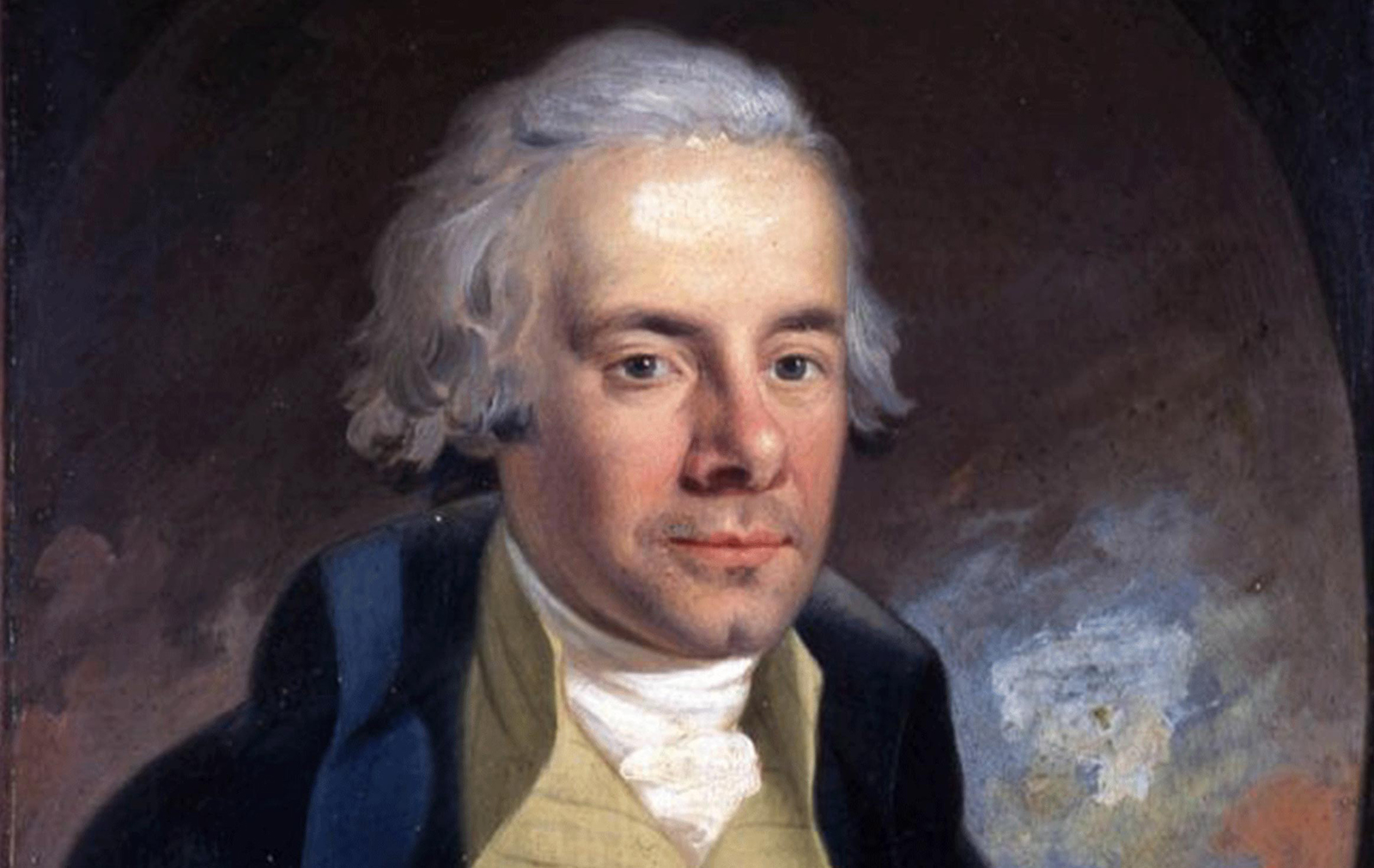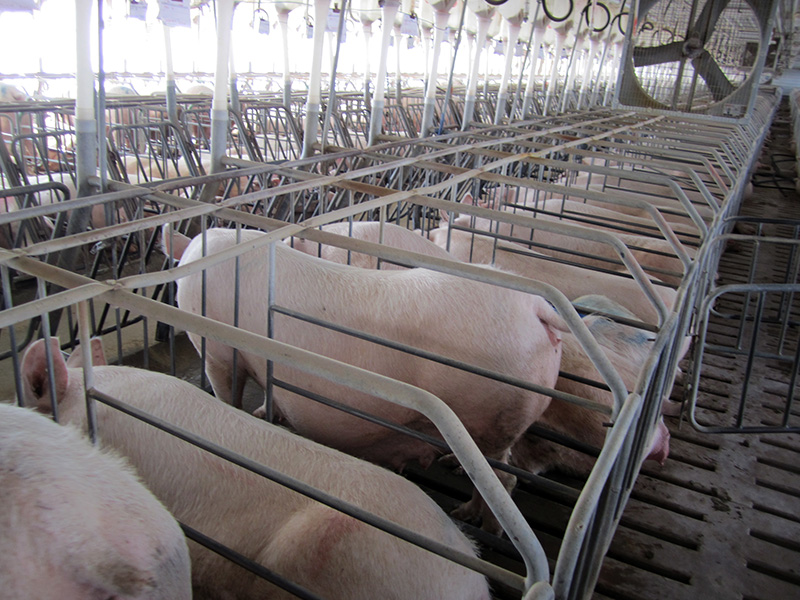(RNS) — My column last month explored the possibility that Pope Francis, in his new apostolic exhortation on the environment, “Laudate Deum,” might have pushed forward Catholic teaching on the status, treatment and use of non-human animals. Given the dramatic part factory farming of animals plays in global climate change, one might have expected to see more on this issue in the exhortation, which was a followup to his 2015 encyclical on the environment, “Laudate Si.”
But though “Laudate Deum” says many good things — particularly on the truth that “human life is incomprehensible and unsustainable without other creatures” — overall it was a disappointment. In a document otherwise full of specifics about how to critique the impact of the technocratic paradigm on God’s created order, there were no specifics about how to treat animals and no references to food, farms or farming.
Catholics have been playing catch-up with our Protestant brothers and sisters on this issue for some time: One of the most important voices in this regard belonged to that of William Wilberforce, member of Parliament, abolitionist and hardcore evangelical Christian who died in 1833. Wilberforce’s faith-driven social reforms also included efforts to improve how animals were treated.
The force of Wilberforce’s moral reputation is captured in a story his great-grandson told about walking with the elderly Wilberforce on a hill overlooking the city of Bath. Hearing a loud crack, they saw a man whipping a horse who was straining to pull a cart with a cargo of stone toward them up the hill.
When Wilberforce protested about the man’s treatment of the animal, the cart owner swore at him and told him to mind his own business. Then the man abusing the horse studied the activist’s face, and asked, “Are you Mr. Wilberforce?”
When Wilberforce nodded in reply, the man with the whip said, “Well, sir, then I’ll never beat my horse again.”

Portrait of William Wilberforce by Anton Hickel (1794). (Image courtesy Wikipedia/Creative Commons)
Wilberforce not only changed the minds of individuals, he enacted laws to effect his reforms. With Hannah More and the other members of the Clapham Sect, he was convinced that changing systems of cruelty could only be achieved by changing both consciences and structures and laws.
Fast forward to our present moment and consider the practice of encasing mother pigs in concrete and metal cages so small these mothers cannot lie down or turn around. Or the practice of giving chickens no more room to roam than a piece of printer paper would cover. Wilberforce and his sect would be absolutely appalled and would almost certainly support laws to end these practices.
Happily, some states are creating laws to do just that. Ohio and Florida have said this is wrong, we as a state want no part in it. California has joined them, legally mandating (by ballot measure) that animal products entering that state should come from farms that do not engage in such cruelty.
Remarkably, some in Congress want to get around these common-sense laws via a measure called the EATS Act. If passed, it would forbid states from protecting their borders from products they have decided are immoral — whether narcotics like Salvia divinorum or pork from pigs tortured in factory farms.
There are so many arguments against the EATS Act, not least our commitment under federalism to let states make decisions based on the values of their inhabitants. But in my view the more powerful arguments are theological. Christians who share the vision of Pope Francis and William Wilberforce should oppose the EATS Act as a diabolical end-run around laws that attempt to respect God’s created order.
That order resists our consumer throwaway culture. It calls on us to understand the connection between the torture of animals, the greed of human beings and the eco-emergency that is global climate change.
Christians should be inspired by this vision of God’s order to contact their U.S. representatives and ask them to resist the EATS Act. It’s part of working toward a culture of animal protection instead of persecution, and of food and farming that bear witness to the peaceable kingdom of God.






